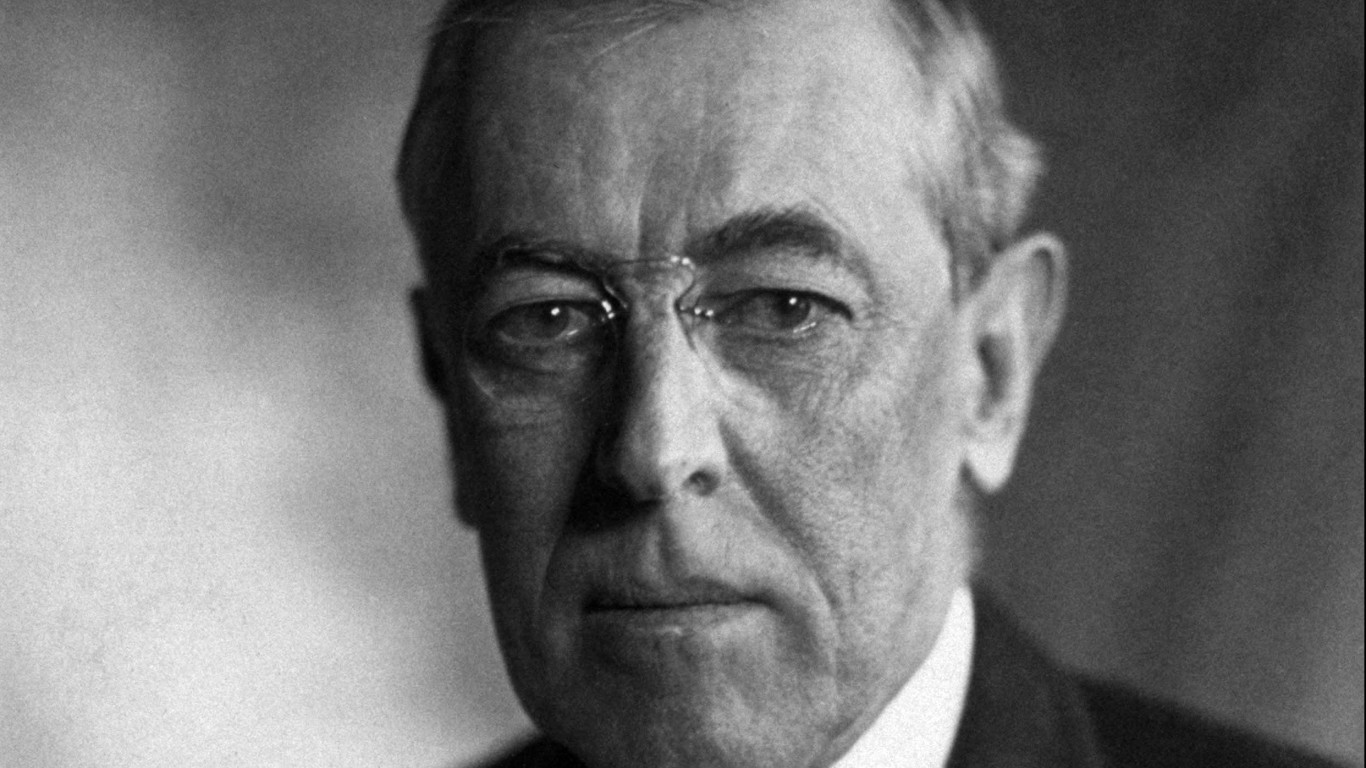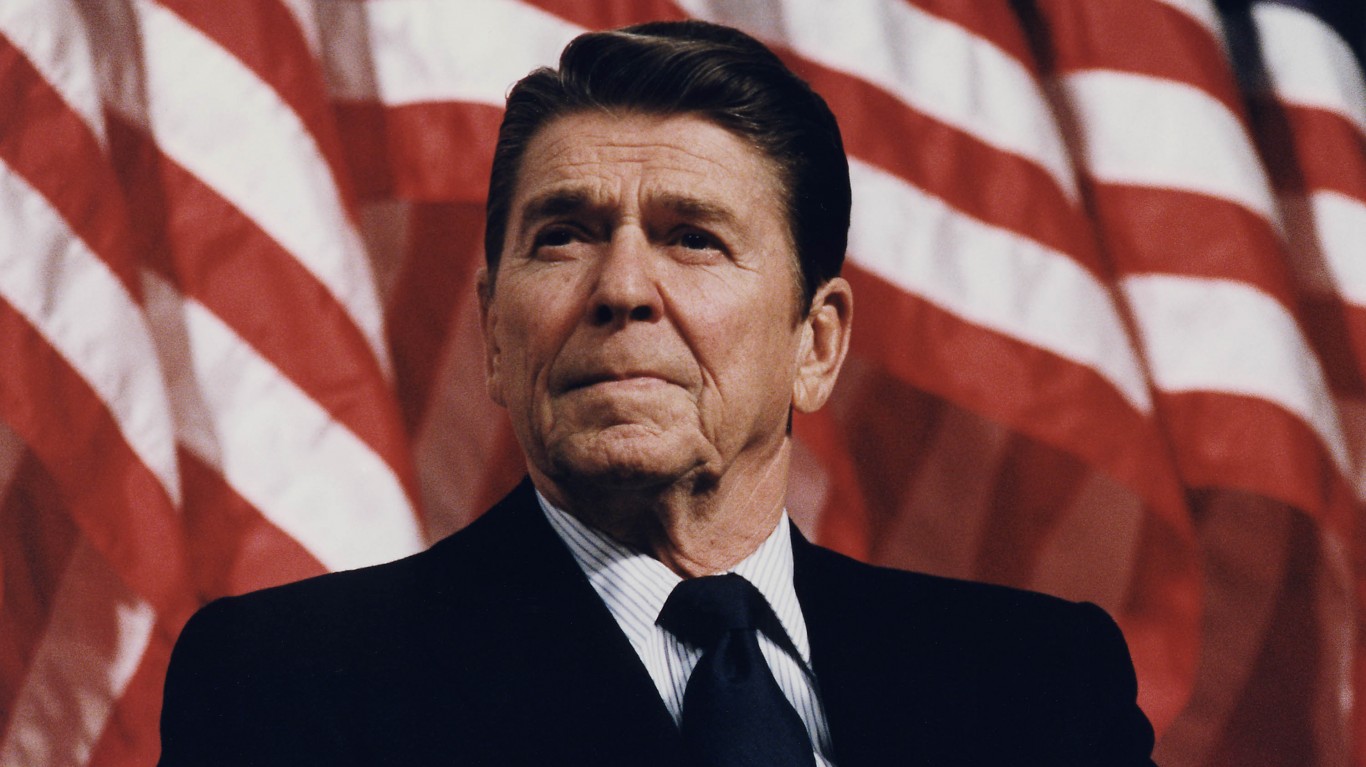 The market rally over the last few days based its activity on just a few events, but the press and investors have grabbed them and are holding on for dear life.
The market rally over the last few days based its activity on just a few events, but the press and investors have grabbed them and are holding on for dear life.
The first trigger for the elation was a comment by one of the least respected executives in the recent history of Wall St. Vikram Pandit, who many think ran Citigroup (C) into the ground. He said recently that the bank had been profitable for the first two months of the year. If this week marks the bottom of the stock market and the beginning of the end of the recession, his words will join “Remember The Alamo” and “The British Are Coming” in the history books.
Just two days after Pandit’s comment, the head of another beleaguered firm, Bank of America (BAC), said the company would not need another dime from the government and that it would make money in 2009. Ken Lewis has been maligned for his role in buying brokerage firm Merrill Lynch and then not noticing that it had lost $15 billion late last year. And, oh yes, then may have illicitly paid some of that money in bonuses to Merrill management.
There were more signs of recovery to come today! GM (GM) said that the $2 billion that it was supposed to need in March could sit in the Treasury a little longer. The car company did not say exactly why it still had money. Perhaps it decided not to pay most of its suppliers or got dealers to make early payments for inventory.
What might have derailed the good feeling about a big recovery in the economy was the announcement of retail sales for last month. They were well down compared to last year, but, in Wall St.’s special language “not as bad as expected.”
There were green lights everywhere, but not enough momentum to turn on the afterburners that keep traders moving into the market. That last ingredient showed up when GE (GE) disclosed that S&P had cut its coveted AAA rating to AA+. Some expected the downgrade to be worse or that S&P would indicate it saw more bad news coming for the large conglomerate. That did not happen. So, the news was “better than expected” and whatever gravity had been holding stocks down disappeared.
The news about GE shows how perverse the market has become and also serves as a reminder of how stock investors and economists can be blinded by a drop of water in what is otherwise obviously a desert. There is no circumstance under which a downgrade of GE’s debt is good news. It just seems that way when the world is dark.
Two important announcements were largely unnoticed. The first was that several measurements of unemployment worsened, approaching levels not seen since the early 1980’s. Also obscured by the elation was the important disclosure that the average American household lost 18% of its net worth last year. Since that process has obviously continued in the first two months of this year, that number could be close to 25%. At its core, the information is a considerable warning that the ability of Americans to become consumers again is still severely compromised. It is another clear sign that the balance sheets of large financial firms which have exposure to mortgages or any type of consumer credit are likely to be faced with more losses, even if they are unexpected. That seems possible since all of the bank losses of the last two years were unanticipated, at least according to the managements at the companies.
The musing of bank presidents are a bad set of leading economic indicators. So is news that a car company which is already insolvent will not need money today. It will need that money tomorrow, and tomorrow and tomorrow.
There is no point in denying that much of what happened and much of what was said as the stock market reclaimed milestone after milestone was better than most of the news over the last three or four months. But, the reaction of the stock market was that the glass had become half full in a matter of a few hours. The economic pump does not work that fast.
Douglas A. McIntyre
Are You Ahead, or Behind on Retirement? (sponsor)
If you’re one of the over 4 Million Americans set to retire this year, you may want to pay attention.
Finding a financial advisor who puts your interest first can be the difference between a rich retirement and barely getting by, and today it’s easier than ever. SmartAsset’s free tool matches you with up to three fiduciary financial advisors that serve your area in minutes. Each advisor has been carefully vetted, and must act in your best interests. Start your search now.
Don’t waste another minute; get started right here and help your retirement dreams become a retirement reality.
Thank you for reading! Have some feedback for us?
Contact the 24/7 Wall St. editorial team.




